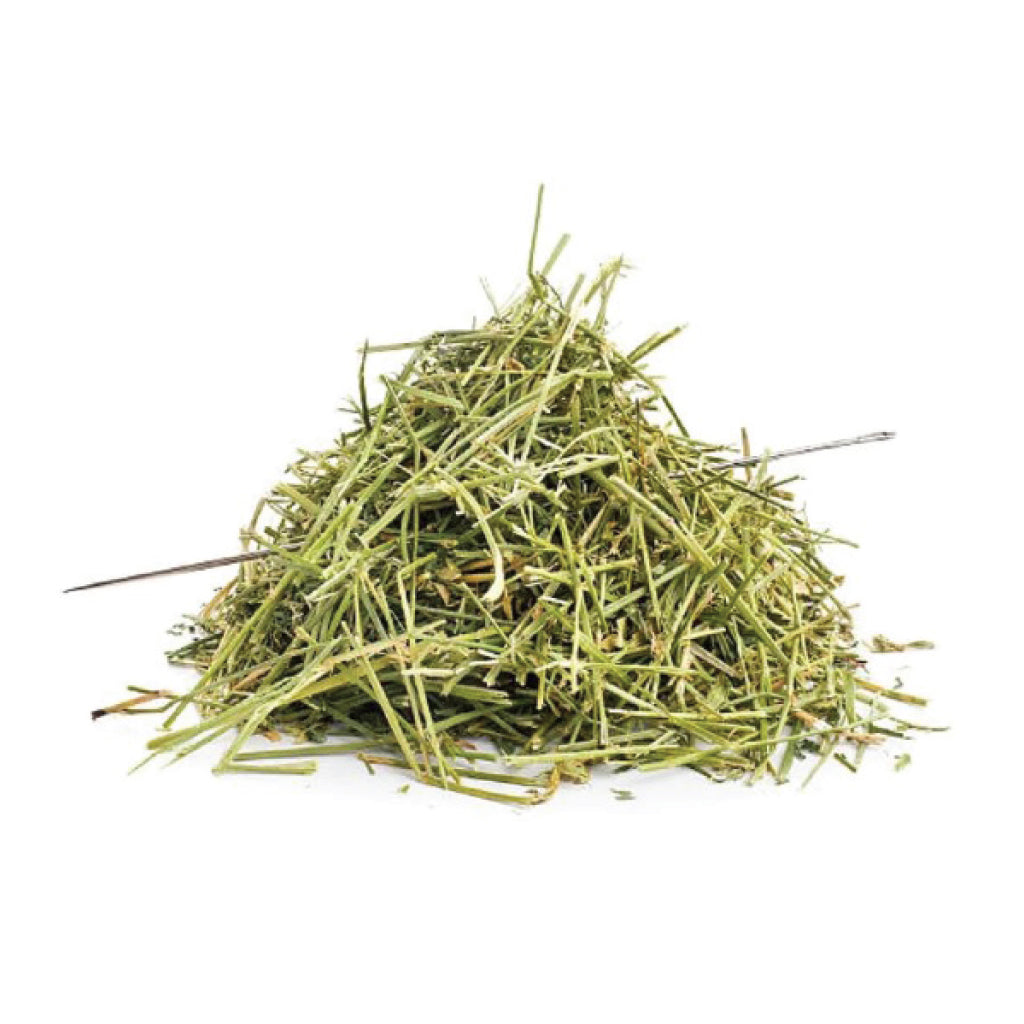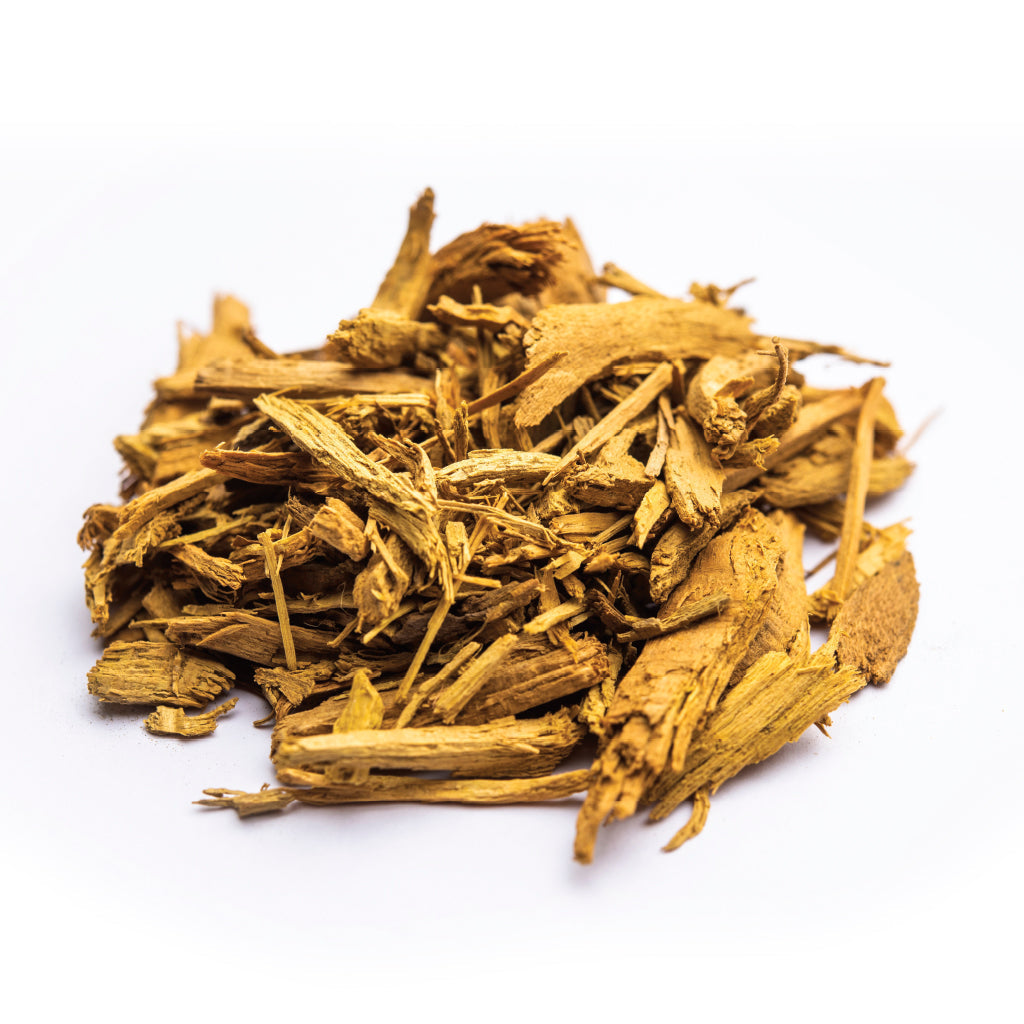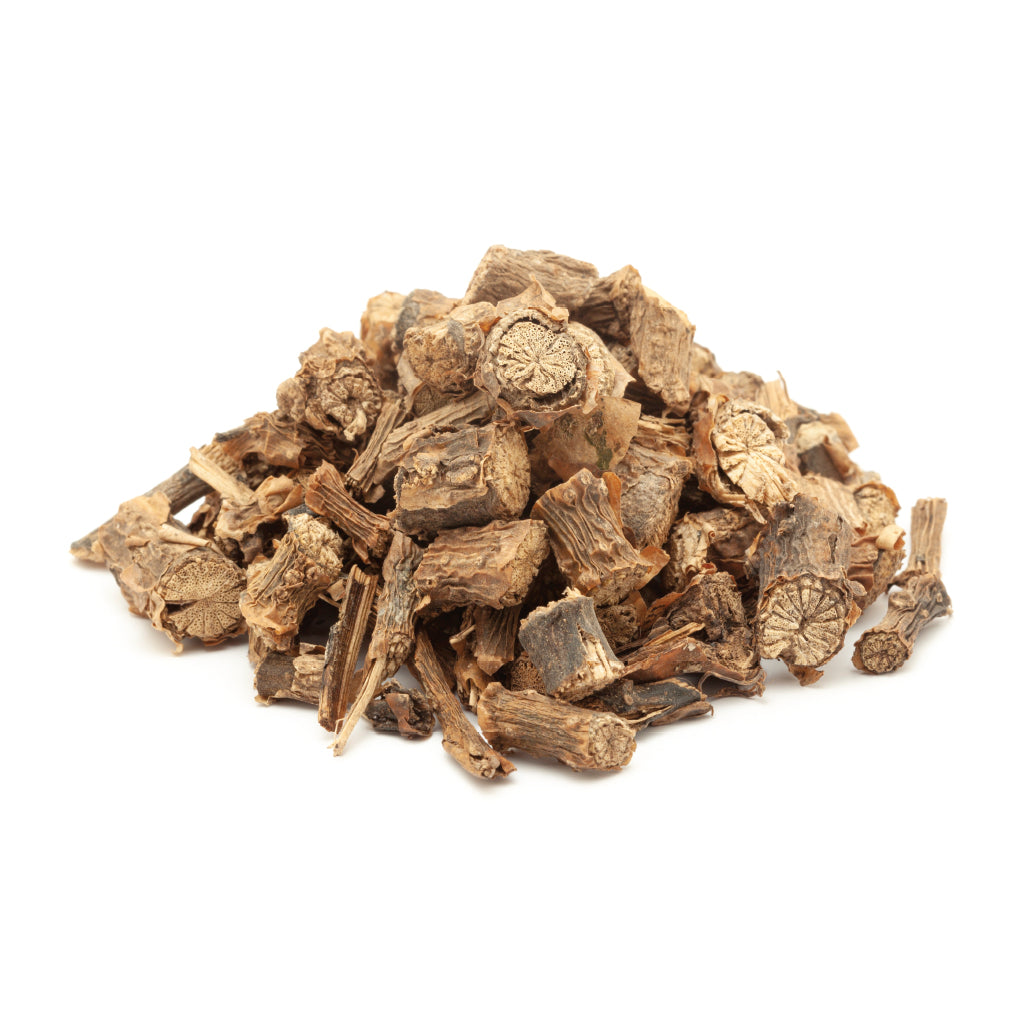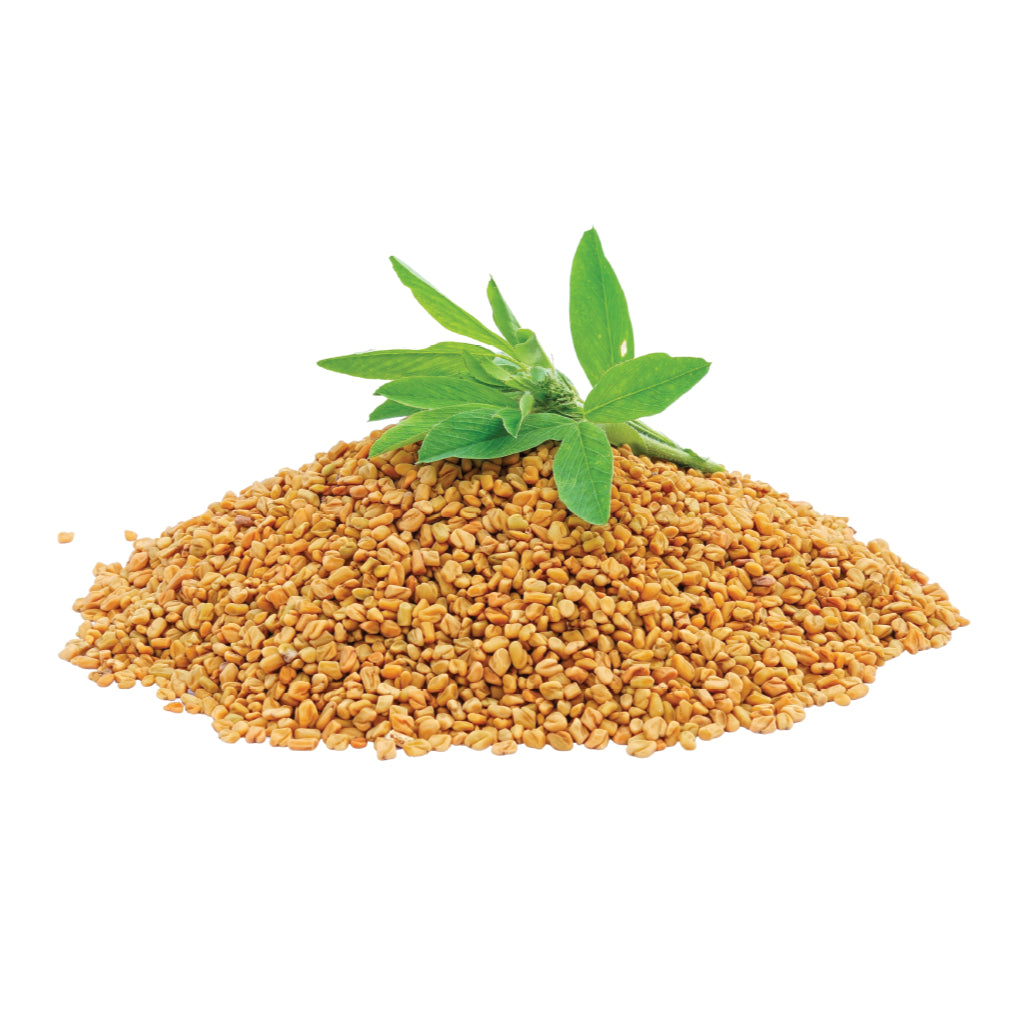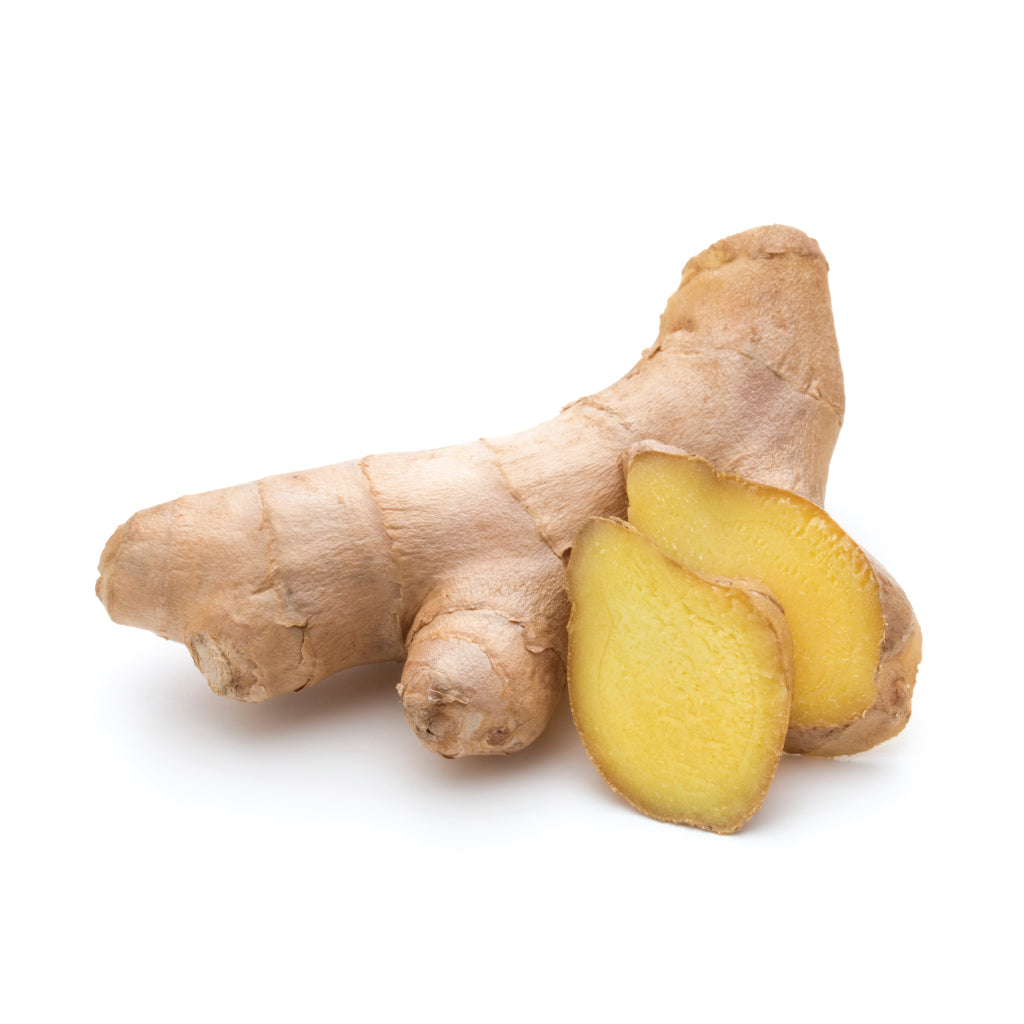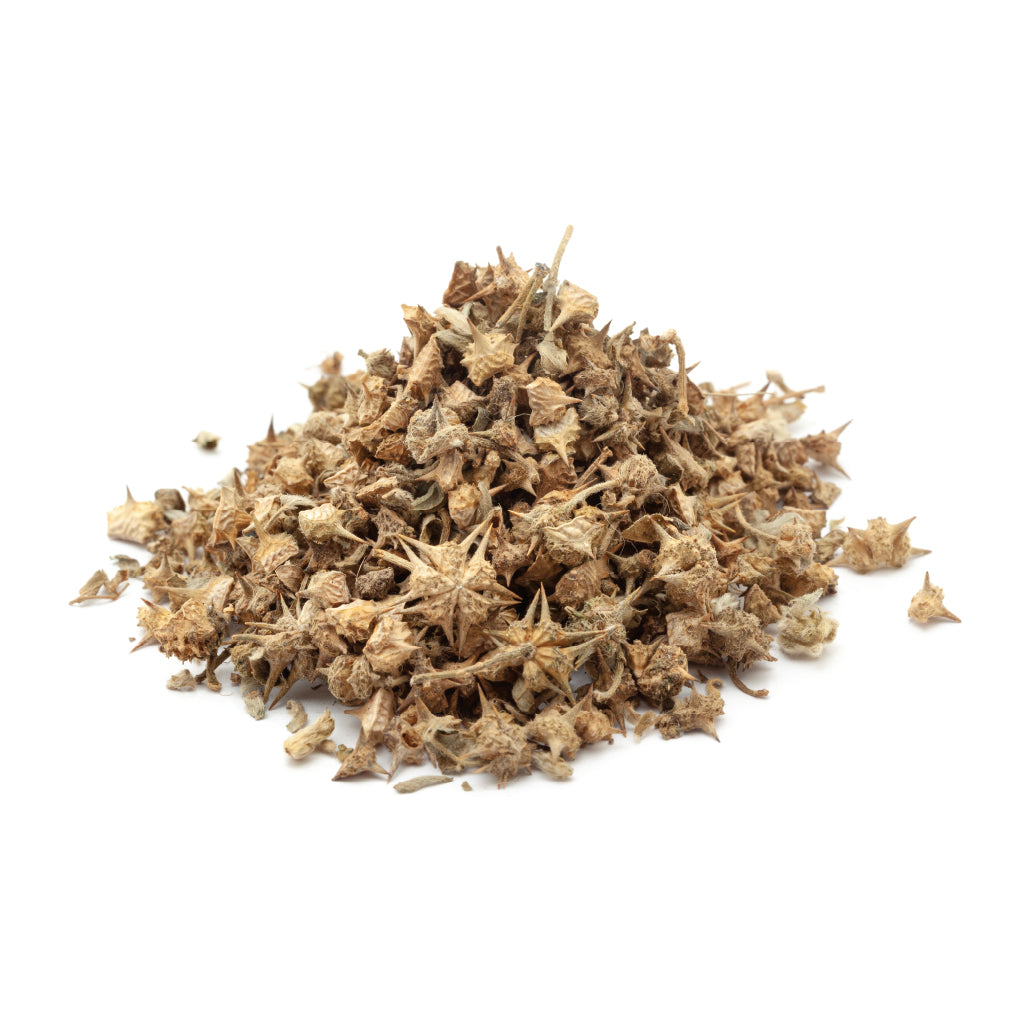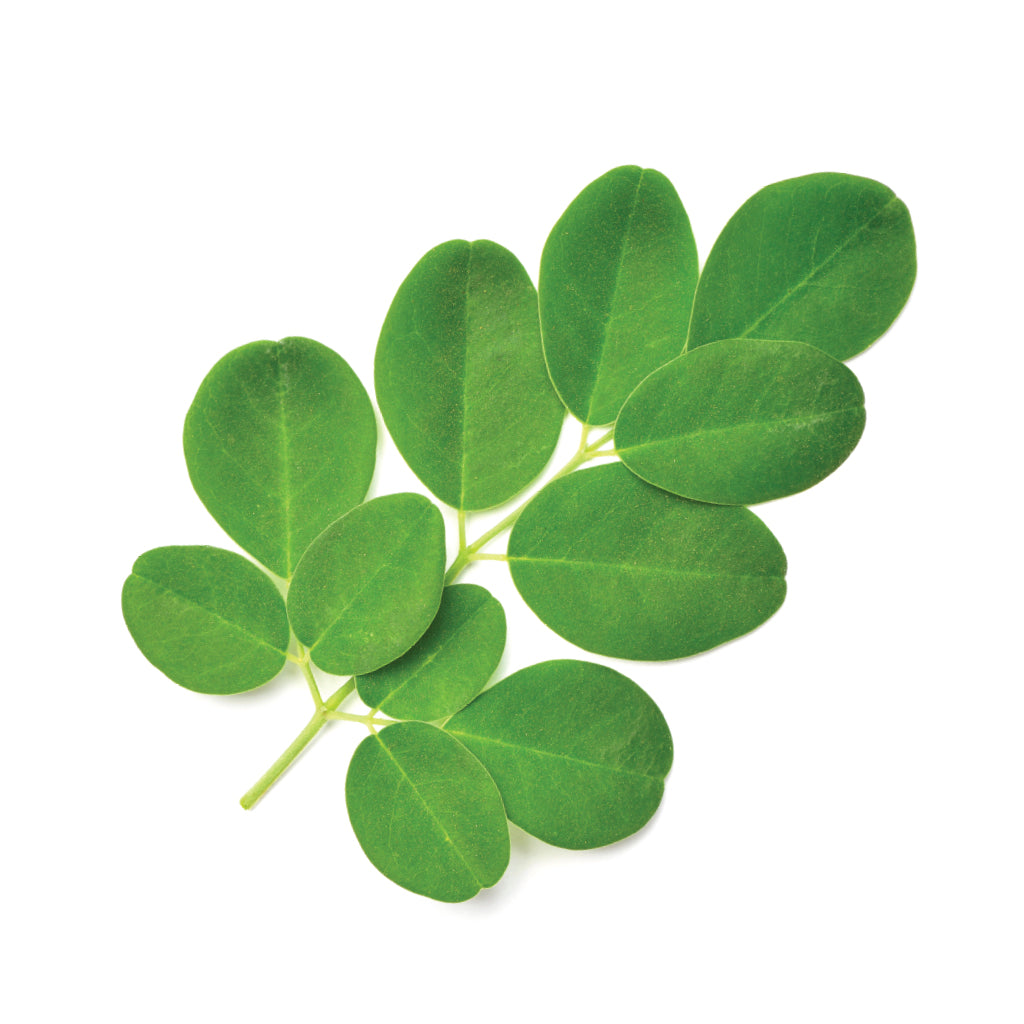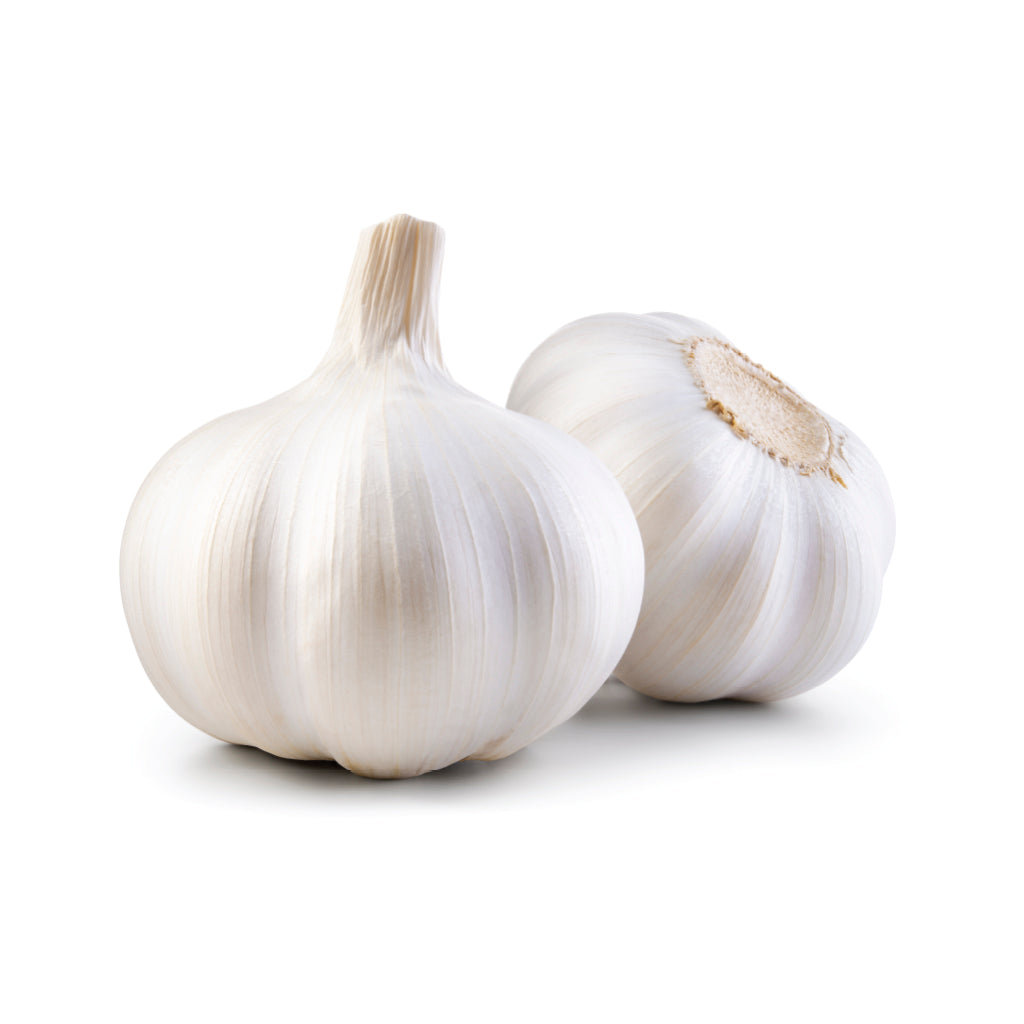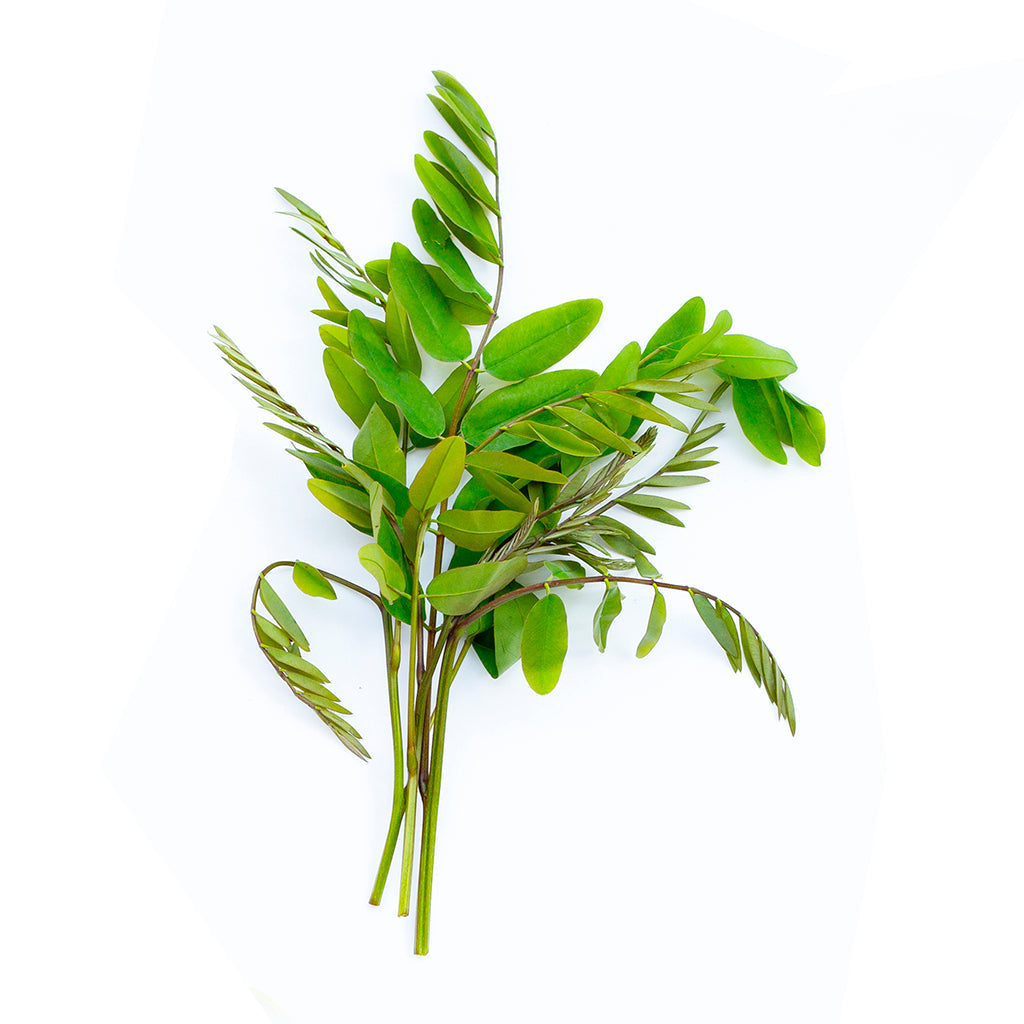
Senna (Cassia angustifolia): A Natural Herbal Laxative for Digestive Cleanse and Detox
Parts Used: Leaves
Forms Available: Dried leaves, Powder, Capsules, Tea bags, Syrup
🌱Introduction
Cassia angustifolia, commonly known as Senna, is a time-honored herbal remedy used for centuries in Ayurveda, Unani, and traditional Western herbalism. Known mainly for its potent laxative and colon-cleansing effects, Senna is ideal for treating constipation, bloating, and detoxification.
Its natural compounds — sennosides — stimulate bowel movements gently yet effectively, making it a go-to solution for occasional constipation and digestive sluggishness.
✅Health Benefits of Cassia angustifolia (Senna)
1. 🚽Relieves Constipation
· Senna stimulates peristaltic movements of the intestines.
· Provides quick, gentle relief from acute or occasional constipation.
How it works: Active compounds sennoside A and B irritate the colon lining to trigger natural contractions.
2. 🧼 Colon Cleanser and Detoxifier
· Promotes bowel cleansing before surgeries, colonoscopy, or fasting.
Tip: Senna tea or powder is best consumed before bedtime for morning relief.
3. ⚖️Supports Weight Management
· Aids temporary weight loss by eliminating excess waste from intestines.
· Reduces bloating and water retention.
4. 🦠 Helps Reduce Intestinal Parasites
· Traditionally used as part of deworming and detoxifying protocols in herbal medicine.
· Cleanses intestinal lining and improves gut hygiene.
5. 🌿Used in Herbal Teas and Formulas
· Commonly blended with fennel, licorice, and ginger to balance its strong laxative effects.
· Included in herbal colon cleansers and slimming teas.
⚗️Phytochemical Constituents
· Sennosides A, B, C, D – Responsible for laxative action
· Flavonoids – Antioxidant support
· Glycosides – Support detox
· Mucilage & Resins – Soothing to digestive mucosa
📚Traditional Medicine Use
📌In Ayurveda:
· Known as Swarnapatri.
· Classified under purgative herbs.
· Used in constipation, piles, skin disorders, and fever due to constipation.
📌In Unani Medicine:
· Known as Sana Makki.
· Used as purgative, bile purifier, and for intestinal cleansing.
📜Scientific References
1. Kaur, G. et al. (2011). Pharmacological properties of Cassia species: A review. Journal of Pharmaceutical Research, 4(8), 2787–2793.
2. Borrelli, F., &Izzo, A. A. (2000). Senna laxatives: Molecular mechanisms of action. Phytomedicine, 7(2), 95–98.
3. National Center for Biotechnology Information (NCBI) – https://pubmed.ncbi.nlm.nih.gov
4. WHO Monographs on Selected Medicinal Plants – Cassia senna
⚠️Precautions & Side Effects
· For short-term use only (up to 7–10 days) unless advised by a practitioner.
· Overuse can lead to:
o Dehydration
o Electrolyte imbalance
o Lazy bowel syndrome
· Not recommended during pregnancy, lactation, or for children under 12.
· Avoid in cases of intestinal blockage, appendicitis, or chronic GI inflammation.
Always consult a healthcare provider before long-term or high-dose use.
🧴 How to Use Cassia angustifolia
✅Forms & Dosages:
· Senna Tea: 1–2 g of dried leaves steeped in hot water; take at bedtime.
· Powder/Churna: 250–500 mg mixed with warm water or honey.
· Capsules/Tablets: As per standard dosage (usually 1 capsule at night).
· Syrup: Often used for children (with medical guidance).
📝Conclusion
Cassia angustifolia (Senna) is a powerful natural herb for cleansing the digestive system, treating constipation, and supporting detox. When used responsibly and in moderation, it can be an effective part of a natural wellness routine for digestive health and internal purification.
